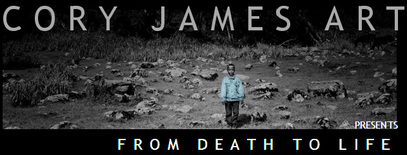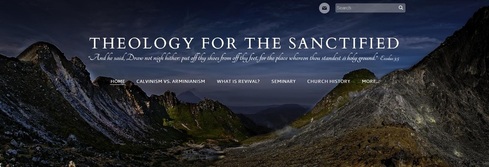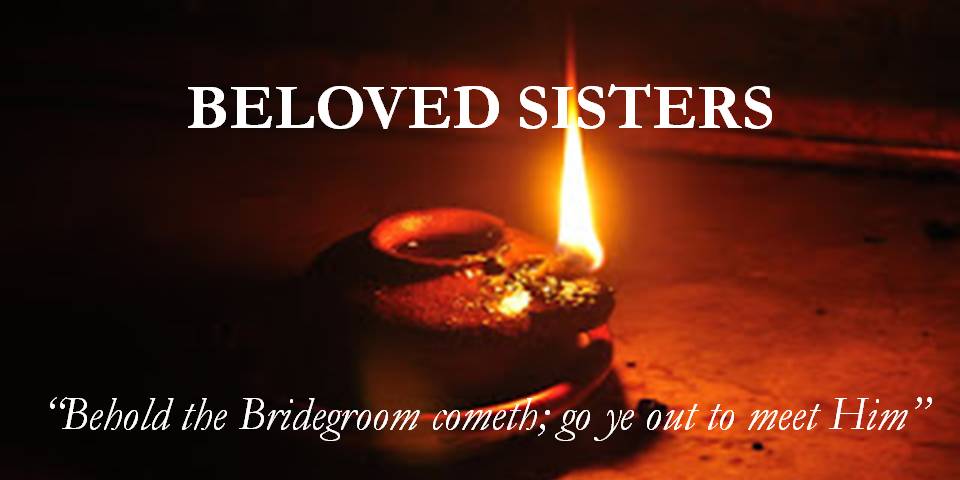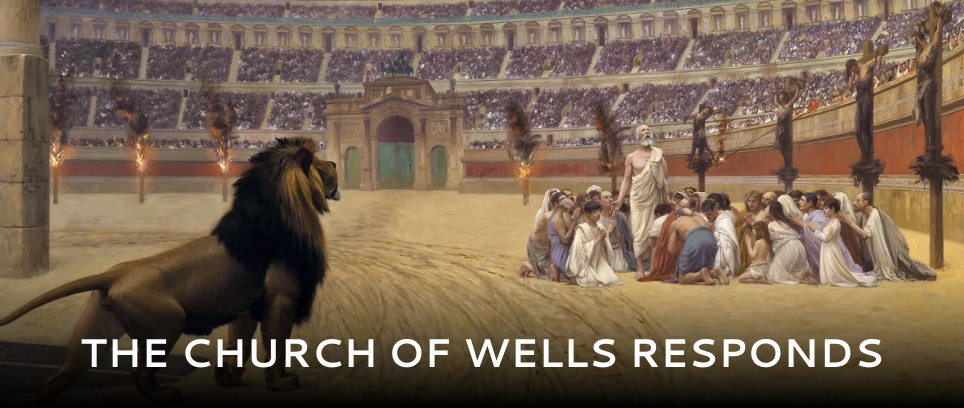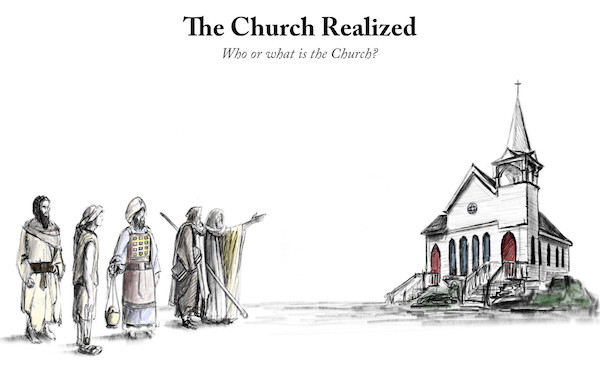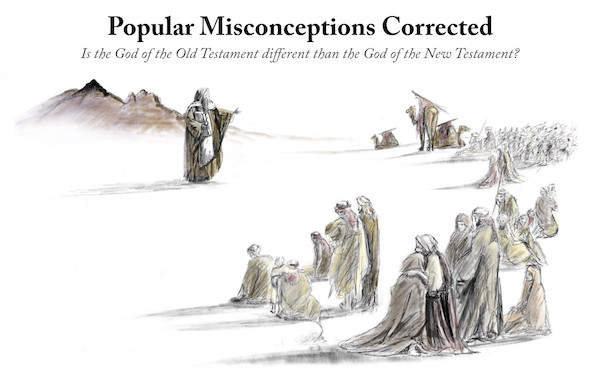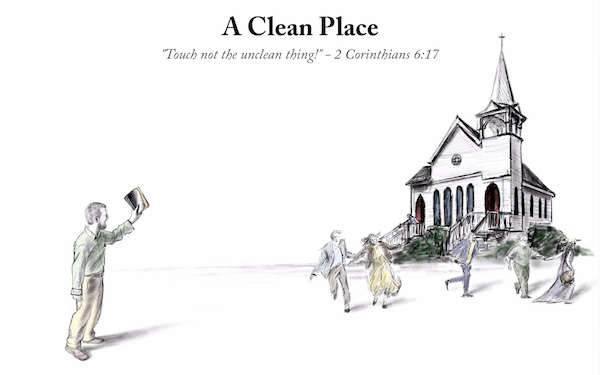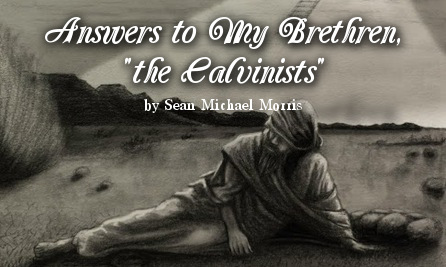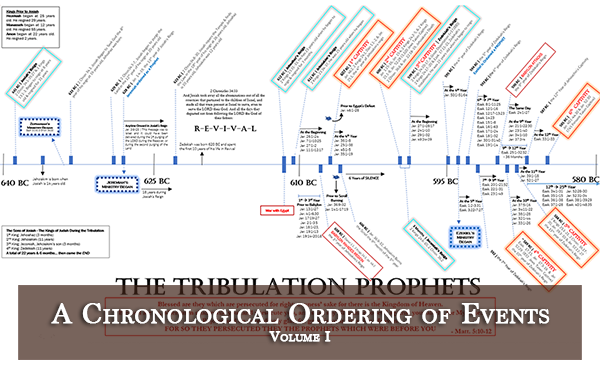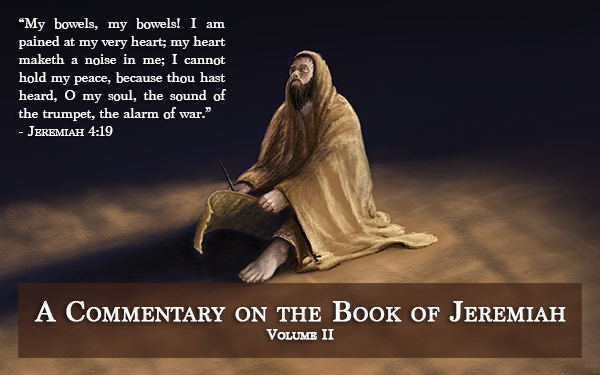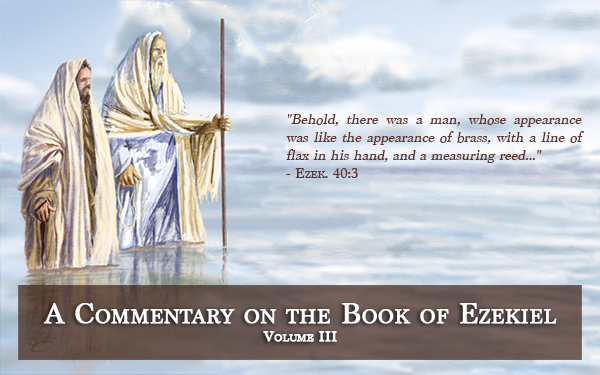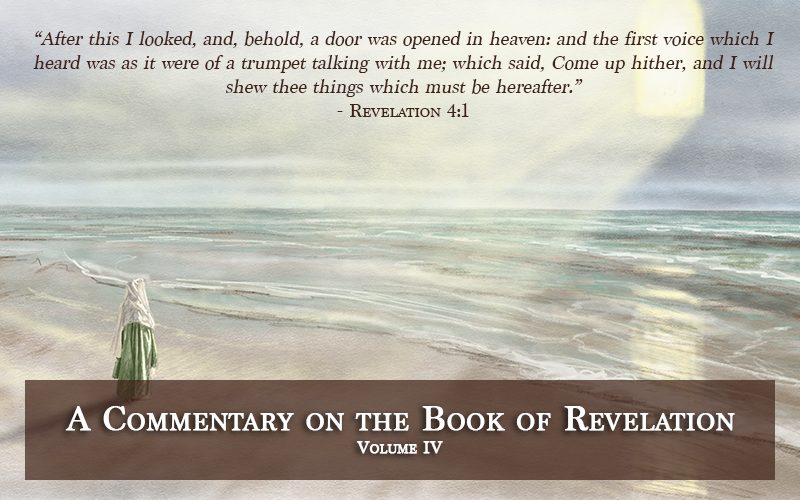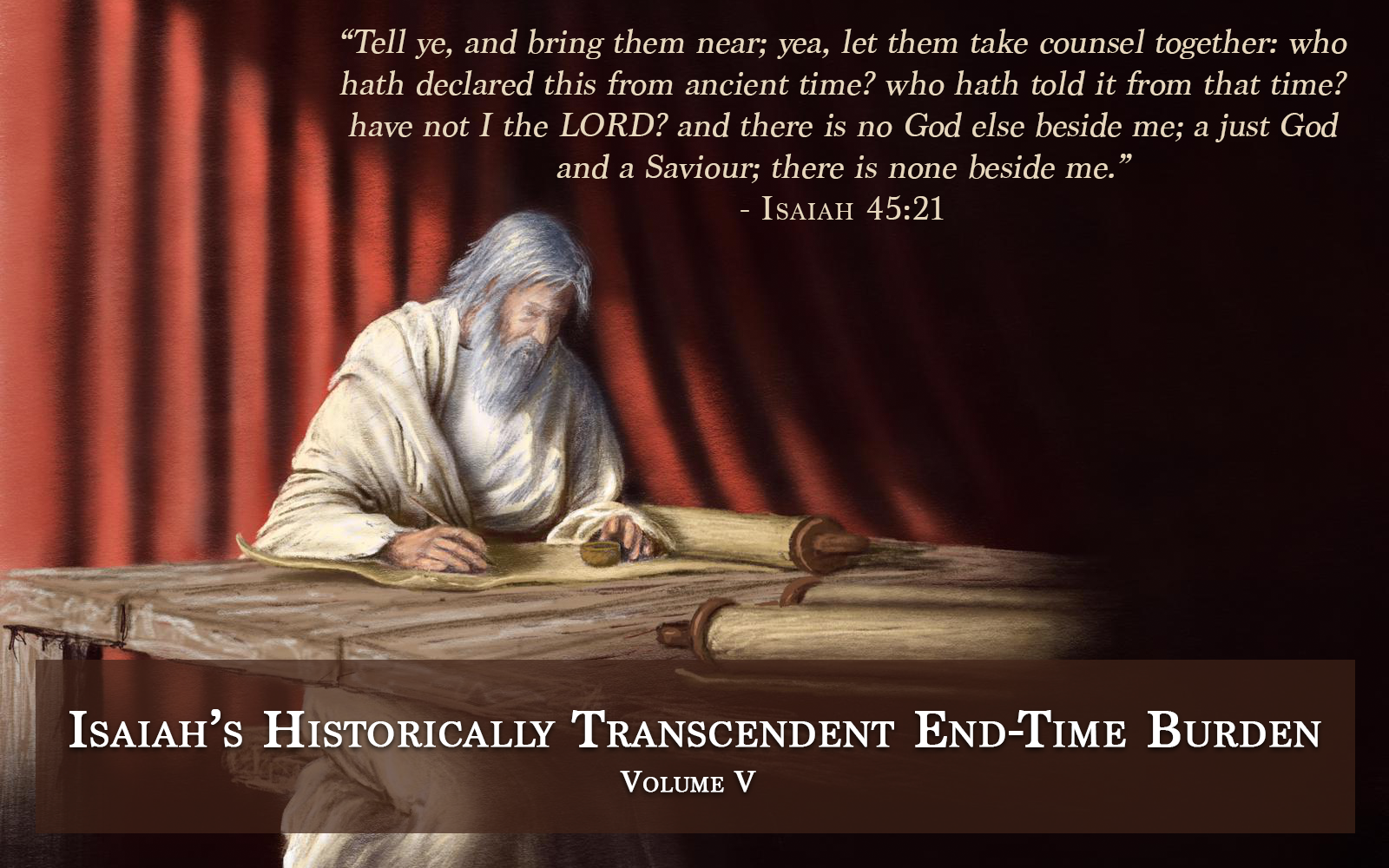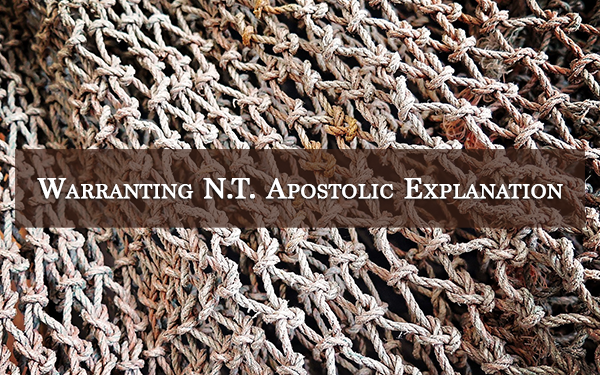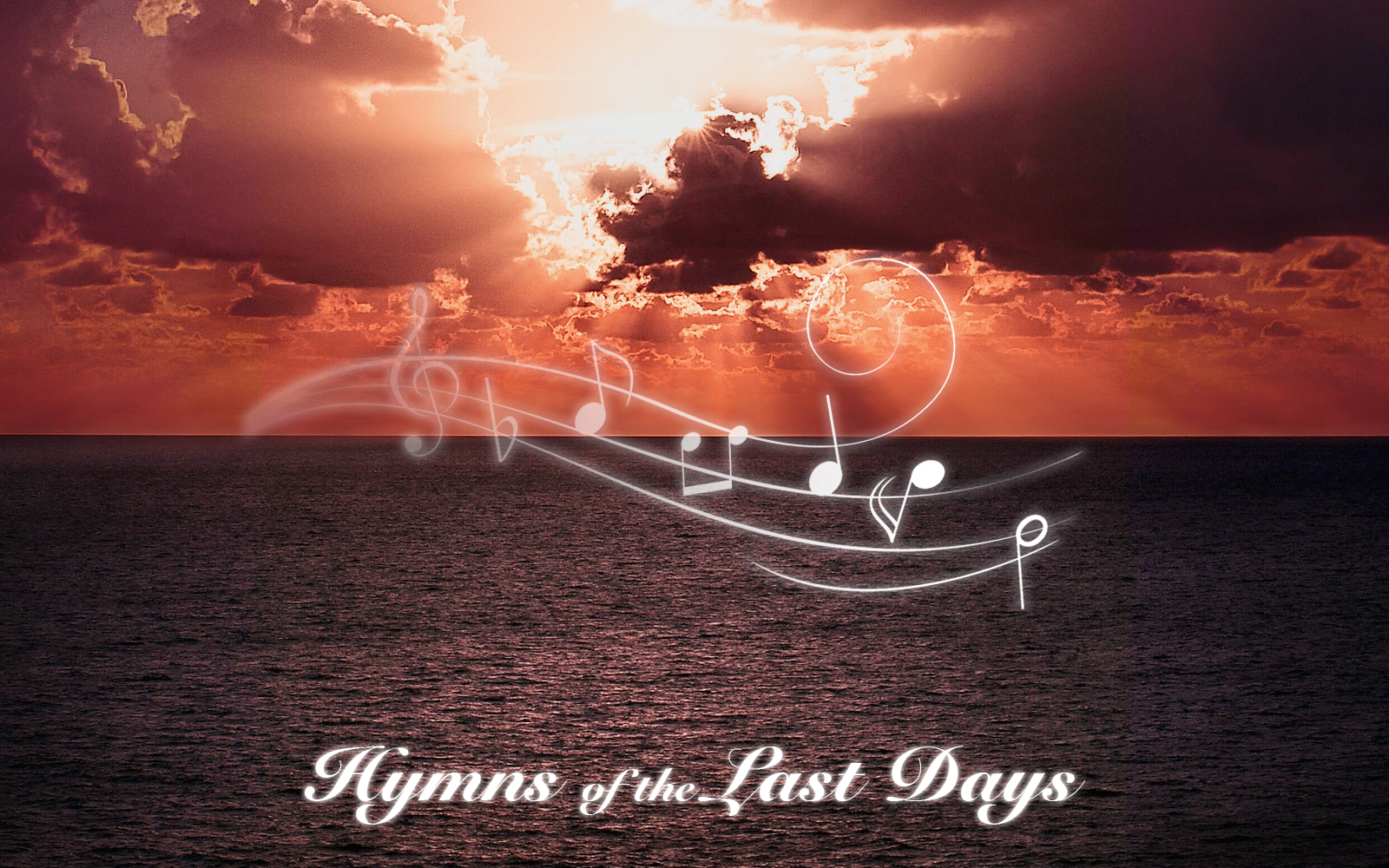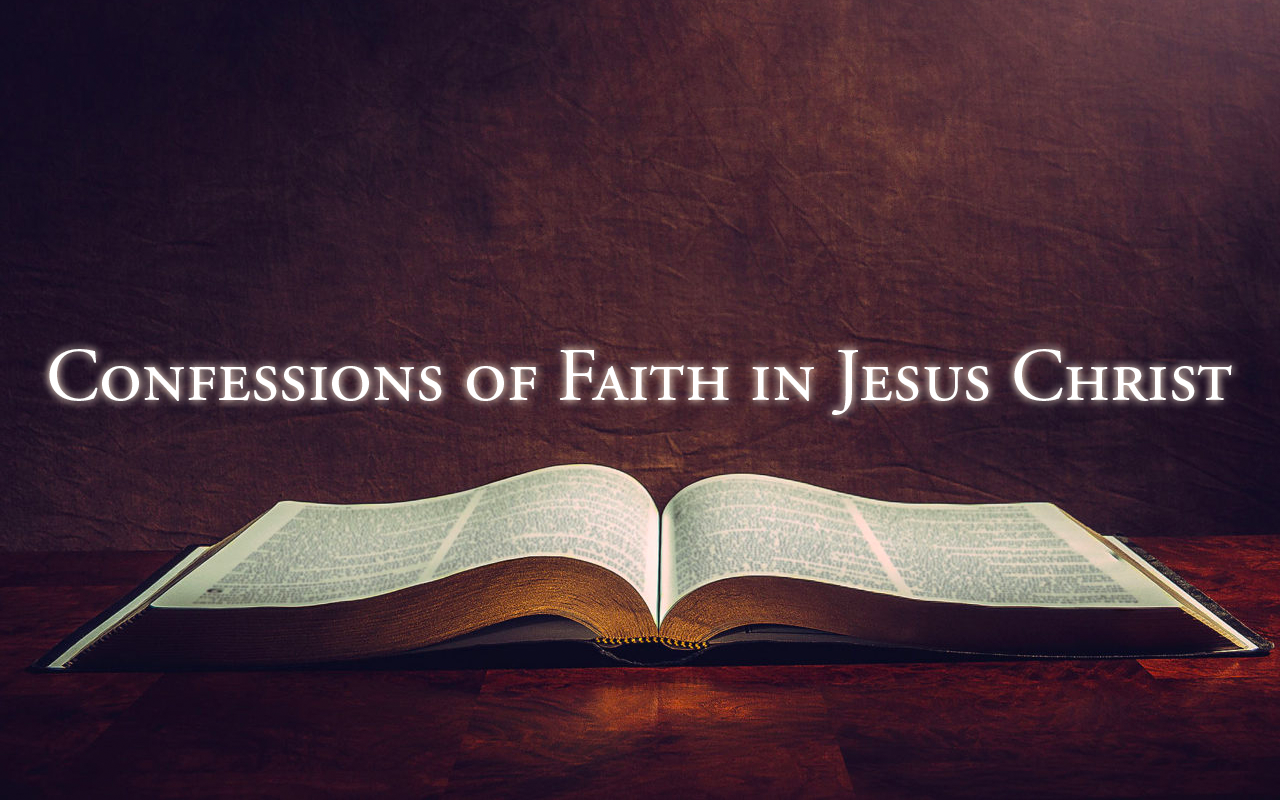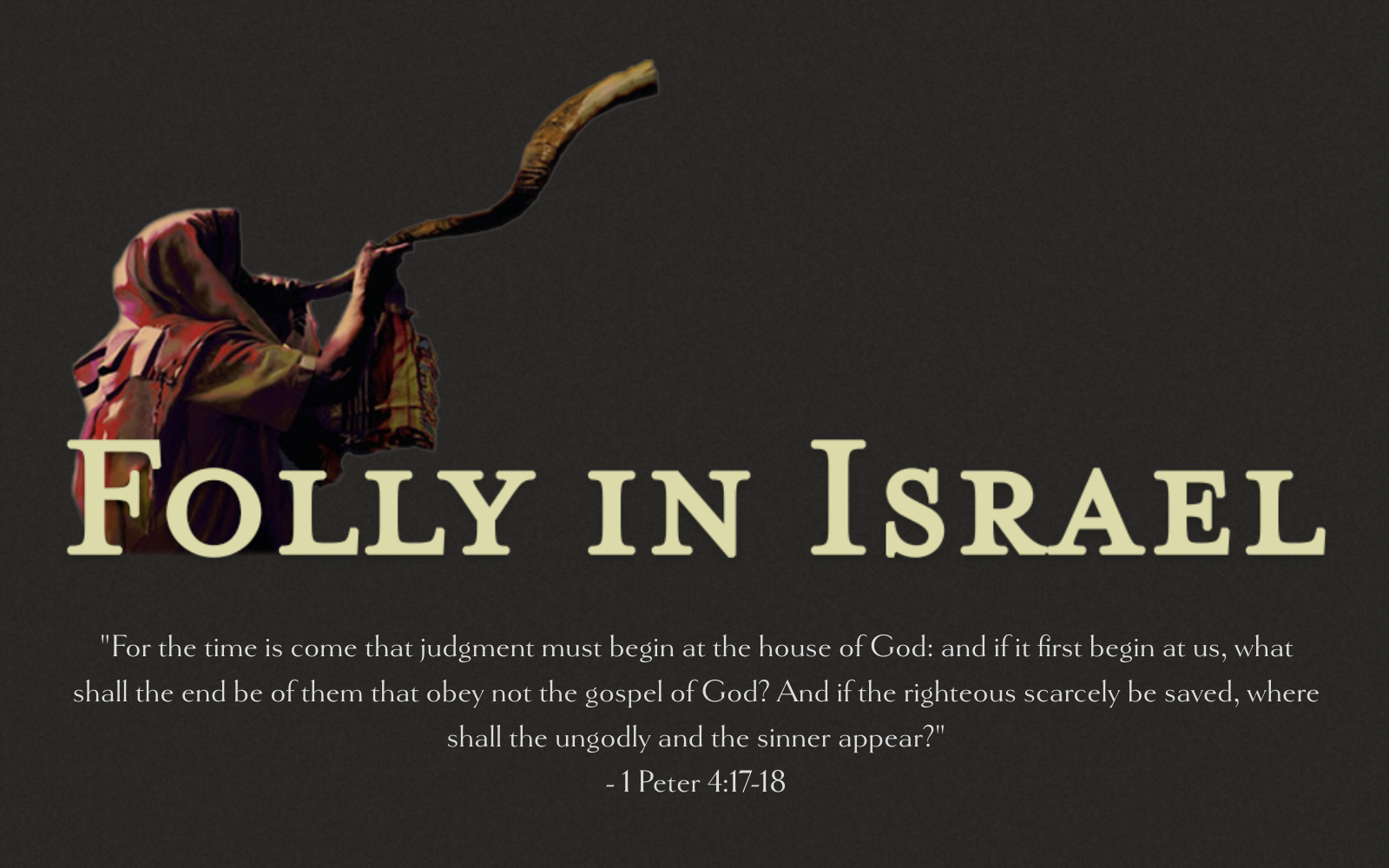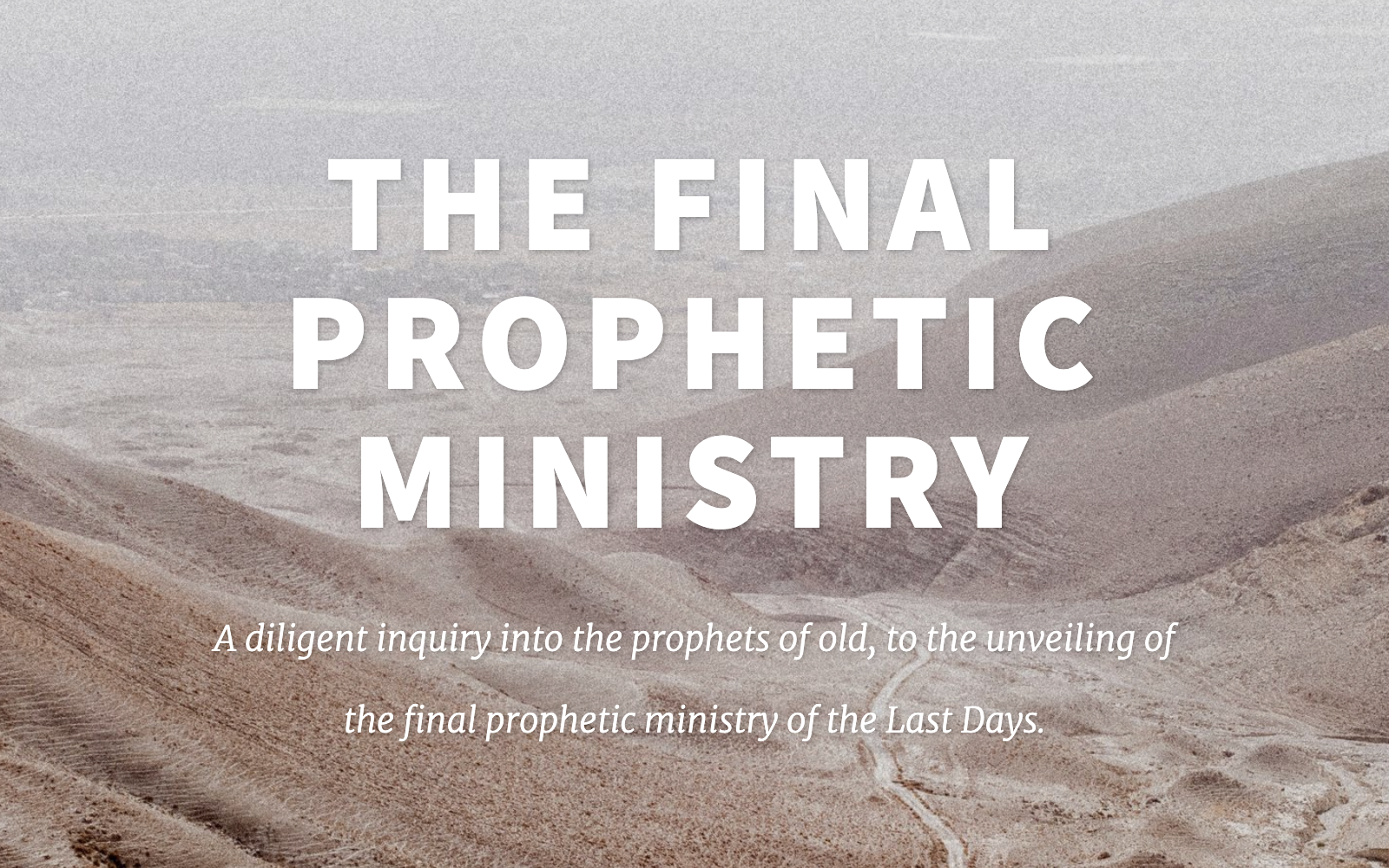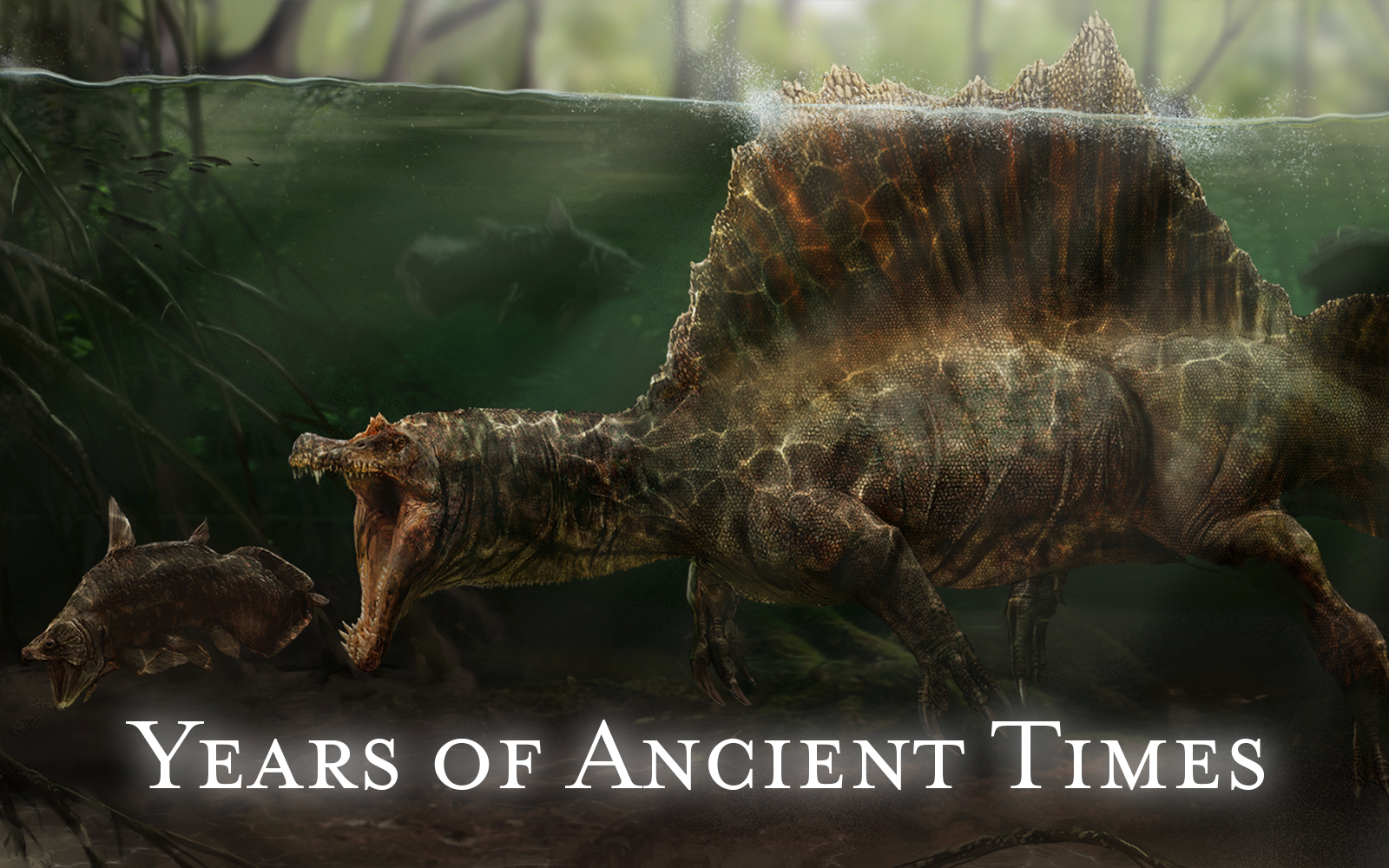“Cities well fortified have broad walls, and so had Jerusalem in her glory. The New Jerusalem must, in like manner, be surrounded and preserved by a broad wall of nonconformity to the world, and separation from its customs and spirit. The tendency of these days break down the holy barrier, and make the distinction between the church and the world merely nominal. Professors are no longer strict and Puritanical, questionable literature is read on all hands, frivolous pastimes are currently indulged, and a general laxity threatens to deprive the Lord's peculiar people of those sacred singularities which separate them from sinners. It will be an ill day for the church and the world when the proposed amalgamation shall be complete, and the sons of God and the daughters of men shall be as one: then shall another deluge of wrath be ushered in. Beloved reader, be it your aim in heart, in word, in dress, in action to maintain the broad wall, remembering that the friendship of this world is enmity against God.
The broad wall afforded a pleasant place of resort for the inhabitants of Jerusalem, from which they could command prospects of the surrounding country. This reminds us of the Lord's exceeding broad commandments, in which we walk at liberty in communion with Jesus, overlooking the scenes of earth, and looking out towards the glories of heaven. Separated from the world, and denying ourselves all ungodliness and fleshly lusts, we are nevertheless not in prison, nor restricted within narrow bounds; nay, we walk at liberty, because we keep his precepts. Come, reader, this evening walk with God in his statutes. As friend met friend upon the city wall, so meet thou thy God in the way of holy prayer and meditation. The bulwarks of salvation thou hast a right to traverse, for thou art a freeman of the royal burgh, a citizen of the metropolis of the universe.” - C.H. Spurgeon
How forcible are right words, my reader! What Spurgeon says it true. Only now, over a hundred years later, we are many steps closer to the final deluge of wrath that will be ushered upon the World! However, this deluge will not come in the form of water, as in Noah's Day, nor will it come in the form of fire, as in Sodom's Day, but it will come in the form of BABYLON!
From a broader approach, looking further into the future, the Book of Revelation can be divided into two great themes: (1st) the Day of the LORD through Babylon & (2nd) the Day of the LORD upon Babylon. My reader, have you observed the Doctrine of the Day of the LORD in the Bible? Have you identified the contextual meaning of its use according to the prophets both historically, progressively, and futuristically? These two themes are two different phases of divine judgment, the Judgment of God through Babylon & the Judgment of God upon Babylon. Essentially, these two phases of judgment are foretold by the 7 Trumpets and the 7 Vials; the former employs prophetic metaphors to the glory of God’s Majesty over the natural while the second is completely literal and non-metaphorical. I repeat, one must understand the Day of the LORD through Babylon (see the 1st, 2nd, 3rd, 4th, 5th, & 6th Trumpets) and the Day of the LORD upon Babylon (see the 1st, 2nd, 3rd, 4th, 5th, 6th, & 7th Vials) as categorically different acts of divine judgment.

 RSS Feed
RSS Feed




